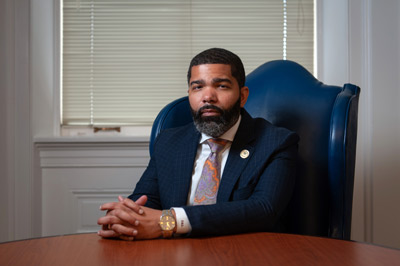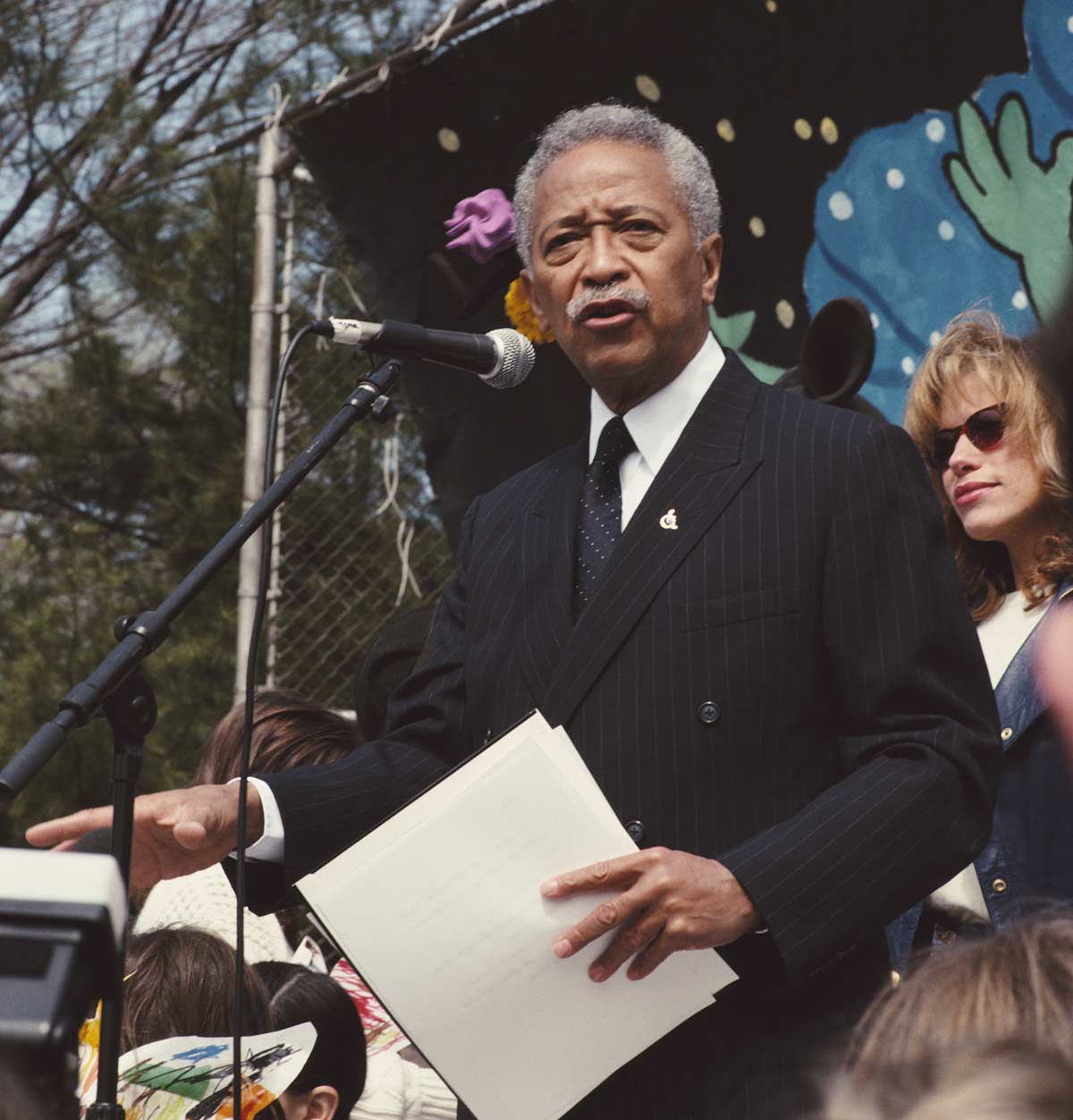By Nayaba Arinde
Editor-at-Large
Do more Black electeds in public office equal more Black power?
With Black representation the highest it has ever been in New York, folk are asking if is it being reflected in the needs of the people being fulfilled.
Every community bases their choice of elected representative on whom they feel best reflects themselves or their demographic. No one chooses someone with whom they cannot relate. Black power – amongst other things, is the harnessing of collective resources for the greater good of the Black community. It is always about putting forward the interests of a people, who have suffered an institutionalized racist social, economic, and judicial imbalance.
The 2023 New York City Council elections will be held on November 7, 2023. There are 51 City Council elections. There are some open seats, and some incumbents are looking to keep their titles.

The state has never had so many influential Black elected officials. They include: Manhattan District Attorney Alvin Bragg; State Attorney General Letitia James; State Senate majority leader Andrea Stewart-Cousins; Assembly Speaker Carl E. Heastie; Mayor Eric Adams; Public Advocate Jumaane Williams; and possibly being prepped to become the first Black speaker of the House is Congressman Hakeem Jeffries. Then there are long timers Congresswoman Yvette Clarke and Congressman Greg Meeks; and Brooklyn and Queens Borough Presidents Antonio Reynoso and Donovan Richards.
“I remember the old days when we used to celebrate in 1989 when we elected David Dinkins to become the Manhattan Borough President. It was a real big deal,” said former Assemblyman Keith L.T. Wright. The chair of New York County Democrats told Our Time Press. “Now, we a Black speaker of the New York State Assembly – Carl Heastie; we have Andrea Stewart-Cousins, President Pro Tempore and Majority Leader; we have a Black Attorney General in Letitia James; we have a Black mayor – Eric Adams; we have Congressman Hakeem Jeffries, who may become the Speaker of the House. We’ve come a long way. I’d rather be here where we are today, than where we were yesterday.”
Asked if greater presence translates into more power, Mr. Wright said, “Is it better? That’s all subjective, and it depends on who you talk to. Some say we don’t have any power, some say we do. I’d rather walk into a room where there is someone who looks like me than walk into one where there isn’t. It gives us a fighting chance.”
David Dinkins was NYC’s first Black mayor in 1990; and now from 2022, Mayor Eric Adams is facing the reality of a city fighting a number of political and social fires on different fronts. Big issues include crime, homelessness, and the ongoing effects of the asylum-seekers in New York City.
Meanwhile, increased Black representation is a nationwide trend; from Atlanta to Chicago all have had Black mayors, including women taking the lead like; LA’s Karen Bass and DC’s Muriel Bowser.
There is a notion though that generally, the Democratic Party takes the Black vote for granted; being asked for nothing, promising less, but expecting a loyal Black vote despite how dire conditions may be.
“Black elected officials in the U.S. are woefully ineffective in fighting for the human rights of Black people,” said long-time activist Amadi Ajamu. “Many of them operate like tenured employees of whatever party. There is no collective active national Black agenda in play, including the Congressional Black Caucus. More and more of our civil rights are eroding daily. The fearless few Black legislators who dare to act in our interest, are often ostracized by those that tow the party line.”
“It is good to have so many Black people in elected offices, but also not so much,” Rachel Burke, a 20-year-old college student. “It gives representation for a younger crowd that may be following in their footsteps and a chance of hope for things to get better, but sometimes it is a trap because they have hidden agendas, and they can become sellouts.”
“Black faces in high places doesn’t mean Black power,” Brooklyn City Councilman Charles Barron told Our Time Press. The 22-year self-proclaimed ‘elected revolutionary’ continued, “As Dr. Martin Luther King said ‘There are manufactured leaders created by white power structures, and given prestigious positions and resources – as long as they could maintain control over them.’”
The former National Black United Front member said, “Power is the ability to make something happen in your interest. We have to have control politically and economically over the land, and social and cultural institutions in our communities. It is then when the masses can focus on the issues surrounding unemployment, homelessness, crime and poverty.”
There are many grassroots activists-turned-politicians including; the first Black Mayor of Jackson Mississippi, ‘Fannie Lou Hamer Democrat,’ Black United Front organizer Chokwe Lumumba; Bed Stuy’s Congresswoman Shirley Chisholm; and Newark’s Mayor Ras Baraka, the activist and son of Amiri Baraka.
“Power is a direct result of independence and unity to be self-determining. That’s how you get things done. The disconnection between Black power and Black electeds is so glaring it is embarrassing,” said Omowale Clay, a member of the December 12th Movement. “We don’t have a party machine in terms of consistent reform, our electeds rarely step outside the process that gets them elected. You can’t talk about the politics of New York and not talk about racism.
What’s the point of being an elected official if you’re chained to a machine that determines the parameters of what you can or cannot do?
“Who’s in charge of the Democratic machine in Brooklyn and the Bronx? Until you take on the machine and break the chokehold it has on our politicians, the community will not be serviced as they should be.”
